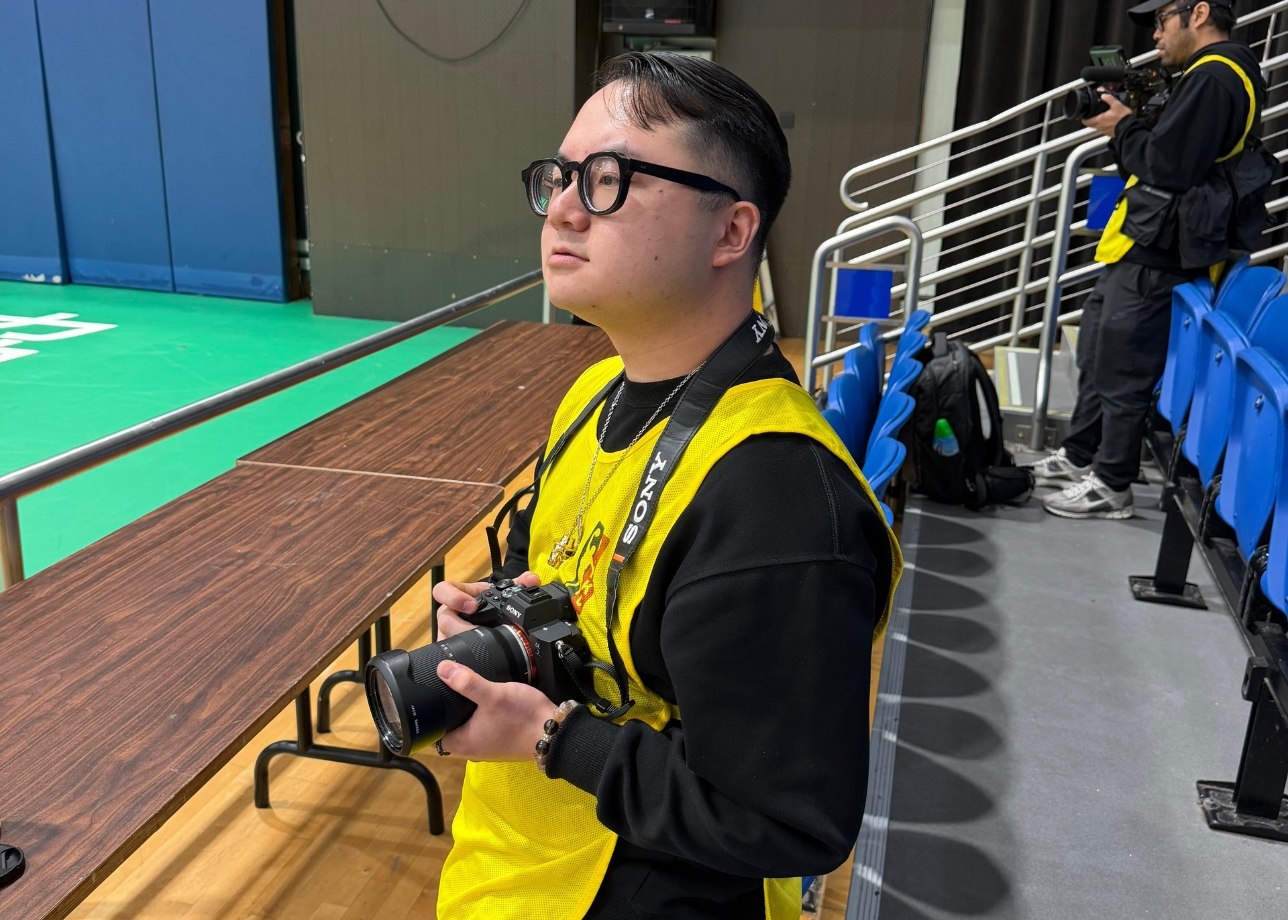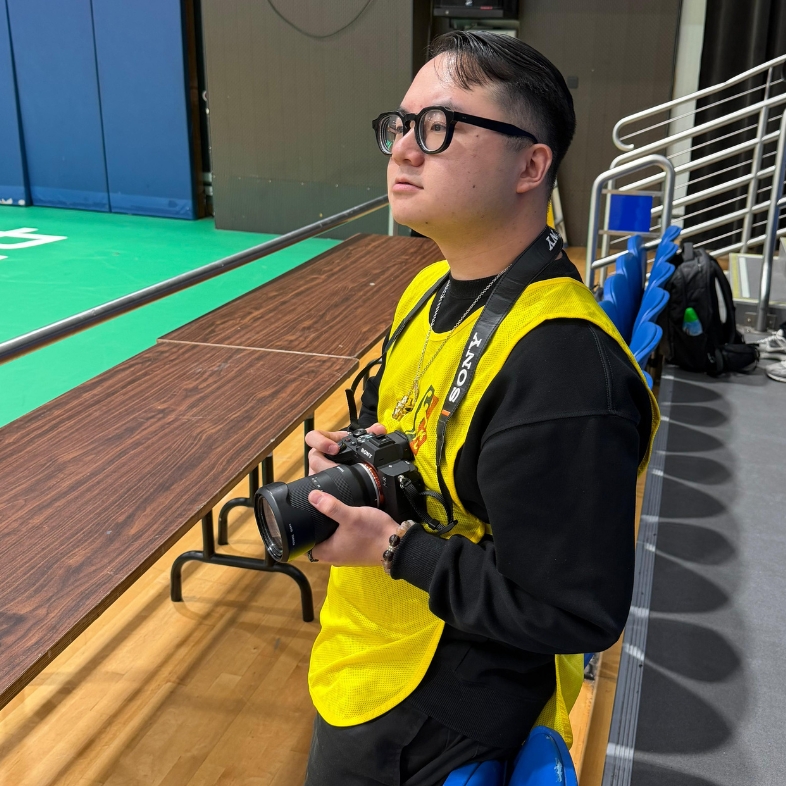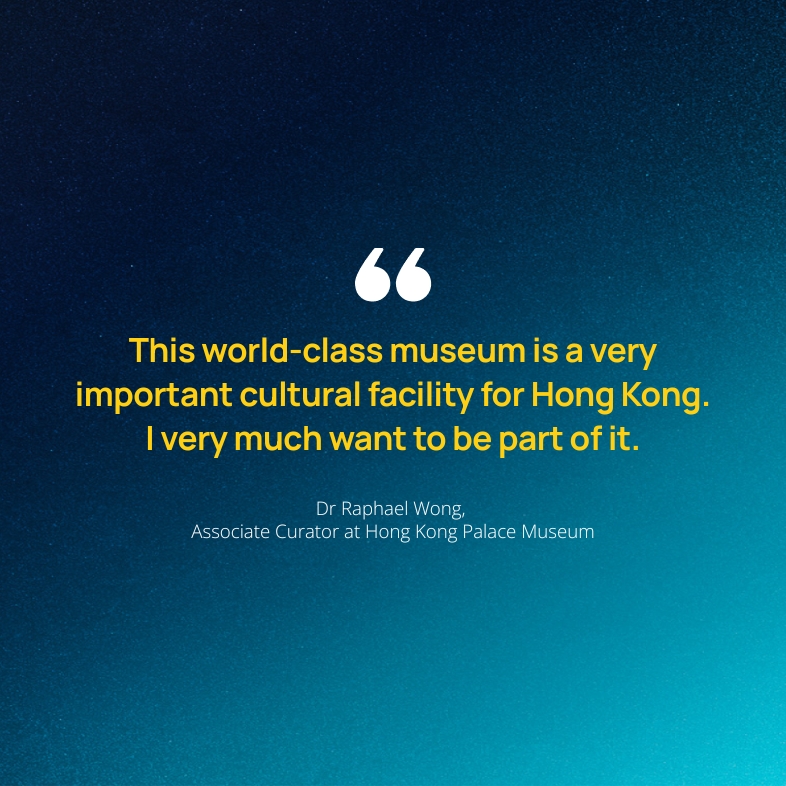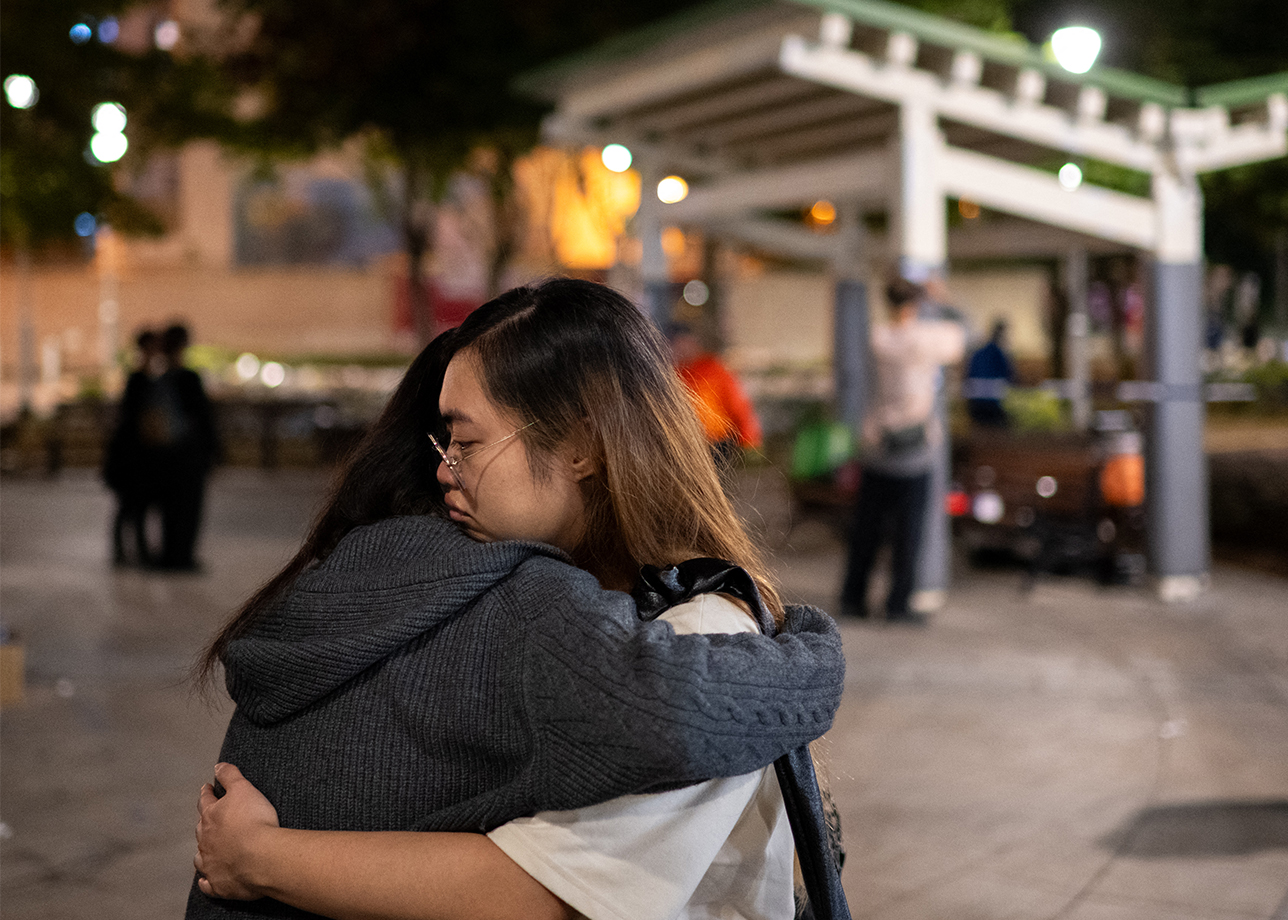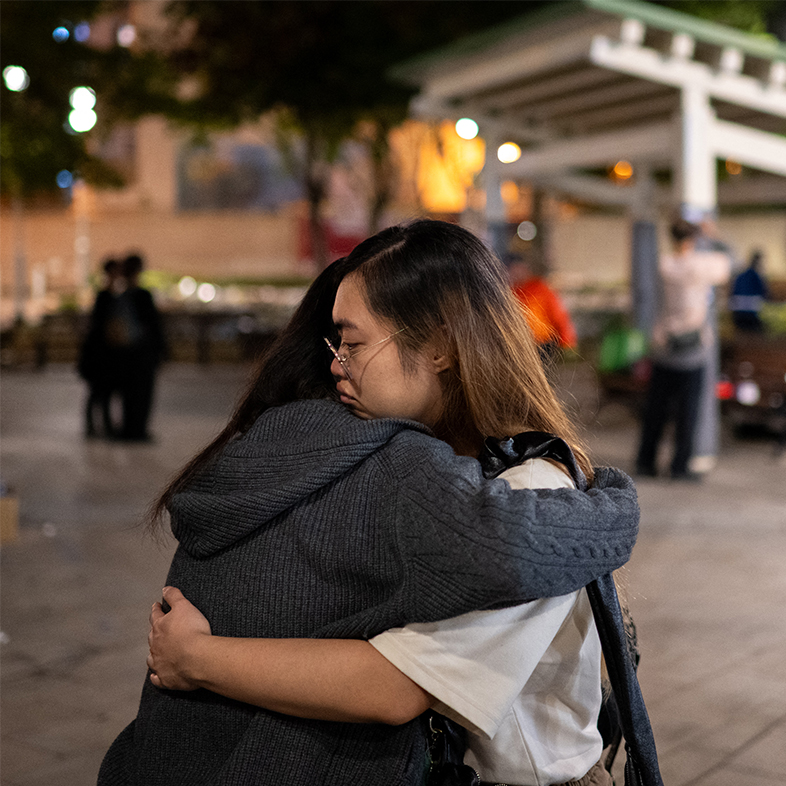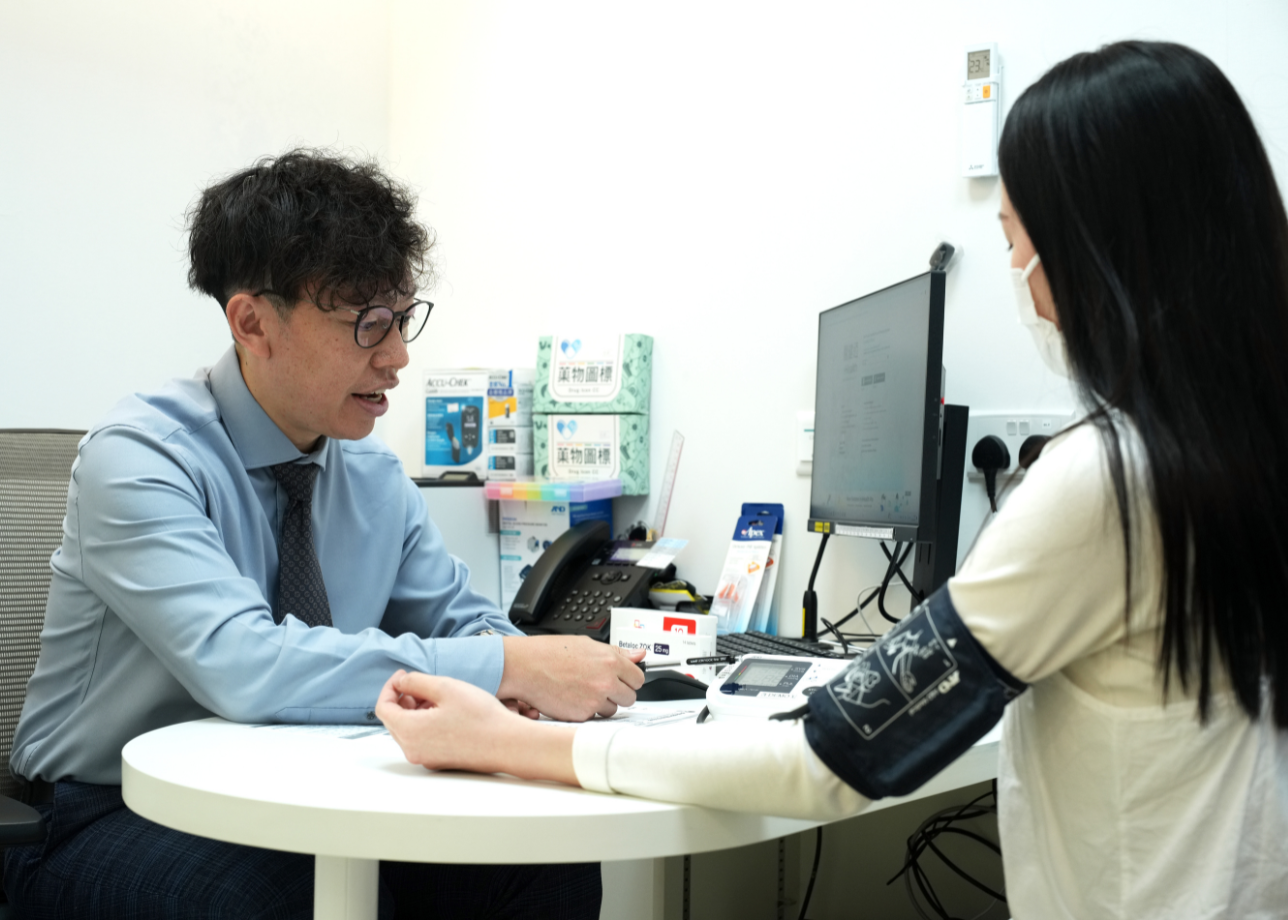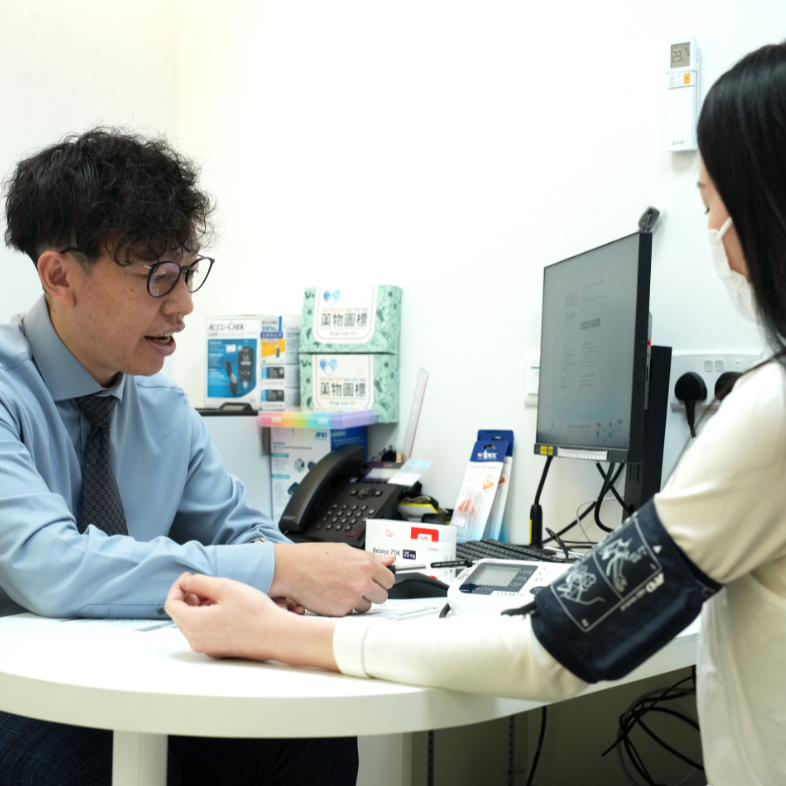.png?rev=968e56f2693c4a1fbf0c0a138e14888b&sc_lang=en-US)
.png?rev=22d580541c704ed98bd7ad9a078aff9d&sc_lang=en-US)
Explore our latest activities.
View all events
Art performance, Installation
InnerGlow & Searchlight 2026
As one of Tai Kwun’s signature annual programmes, this event introduces the world's leading light projection mapping technology to Hong Kong, presenting a spectacular mapping show on the historic façades of Tai Kwun, offering the audience a visual feast.
6 – 22 Feb 2026
Tai Kwun

Exhibitions, Installation
Harmonious Horse International Exhibition Tour
Throughout the Year of the Horse, a series of horse sculptures created by renowned international cross-disciplinary artist Simon Ma, will tour various districts across the city.
19 Feb – 31 Dec 2026
Sha Tin Racecourse & Various district

Exhibitions
The Hong Kong Jockey Club Series: Treasures of the Mughal Court from the Victoria and Albert Museum
This exhibition showcases the extraordinary artistic achievements of the Mughal dynasty through a display of over 100 precious artefacts.
6 Aug 2025 – 23 Feb 2026
Hong Kong Palace Museum


